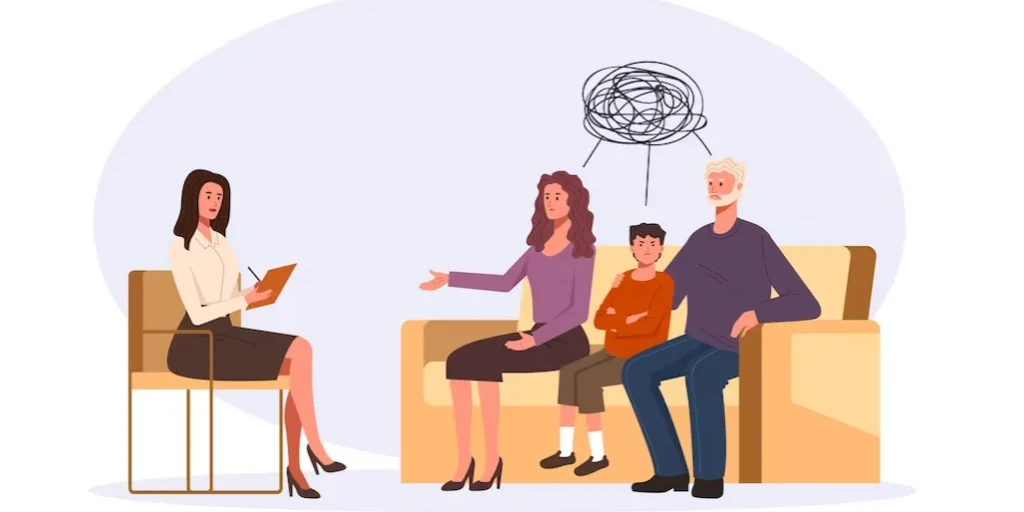24/7 Helpline:
(866) 899-221924/7 Helpline:
(866) 899-2219
Learn more about Medication-assisted Treatment centers in Lamy
Medication-assisted Treatment in Other Cities

Other Insurance Options

American Behavioral

Optima

Covered California

Group Health Incorporated

Medical Mutual of Ohio

Holman Group

Oxford

Magellan

Anthem

Meritain

Access to Recovery (ATR) Voucher

Health Choice

Lucent

Magellan Health

Sliding scale payment assistance

BHS | Behavioral Health Systems

United Health Care

Cigna

AllWell

ComPsych
























